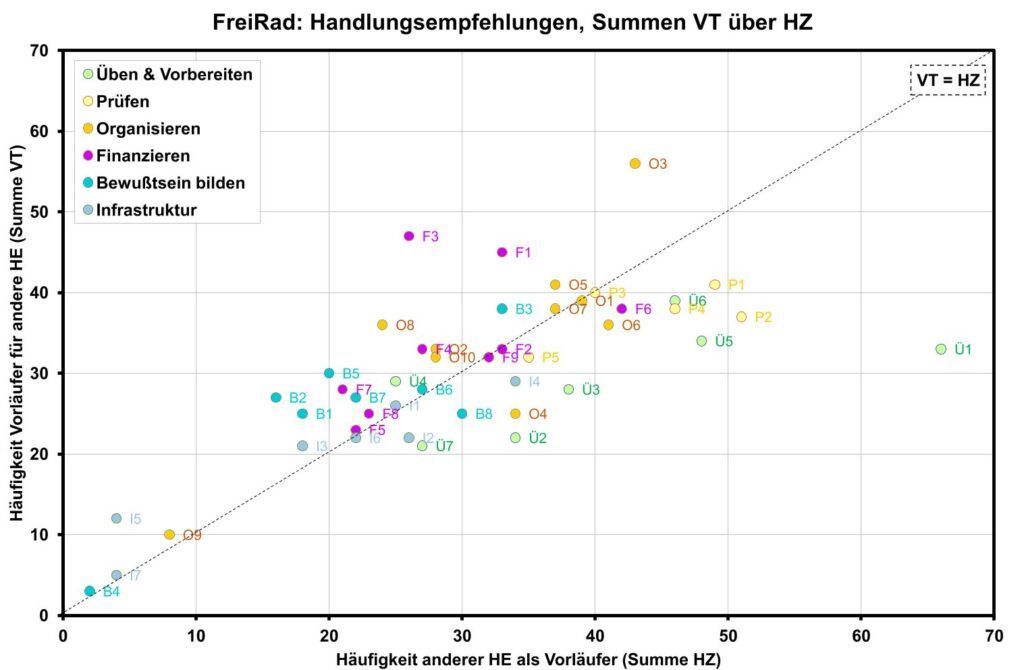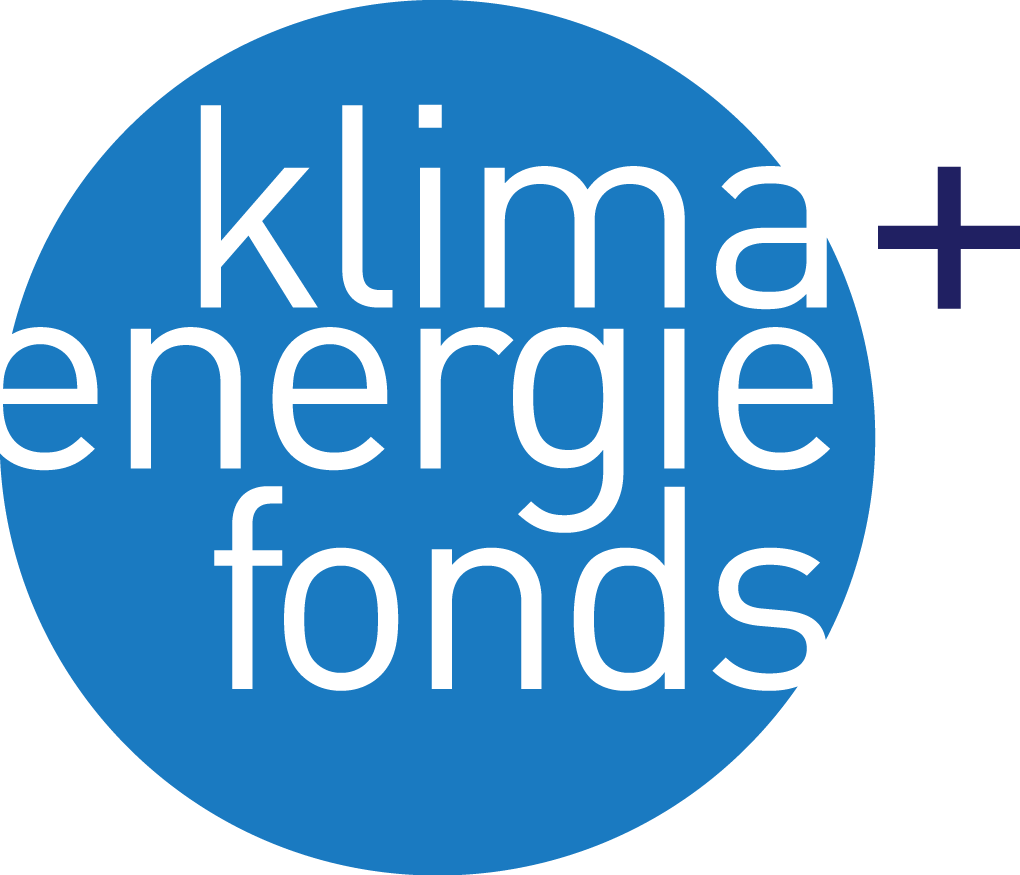This article is the completion of the »FreiRad« project.
Children are tomorrow’s adults. What needs to be done now, so that in the future as many people as possible ride their bikes in everyday life from an early age on?
46 recommendations for action.
Cycling test, cycling and scooter courses, advices for balance bikes – as well as information on the compulsory cycling course as part of car driver’s license. Everything can be found in one place with contact details of responsible persons. All means of transport for everyday journeys are embedded in holistic mobility education, which already starts in kindergarten – jointly financed by the Ministry of Health, the Ministry of Education and the Ministry of Climate Protection.
From Monday to Friday, in numerous cities in Austria, many children cycle to school together with their parents, in a bicycle convoy, accompanied by the police, also on bicycles: This is protected space to practice, which draws attention and builds awareness – for sustainable mobility in everyday life.
This is what the near future could look like: Help shape it and contribute to implementing the recommendations for action of »FreiRad« in your sphere of influence for Austria!
The Project
FreiRad – Voluntary Cycling Test for All Children, is a project focusing on the voluntary cycling test, commissioned by the Climate and Energy Fund. The project team asked itself these questions: Assuming that the cycling infrastructure was optimal, would everyone cycle? What are the obstacles, apart from the often lacking cycling infrastructure, which prevent young people to cycle more in everyday life?
The beginning of this text describes implemented recommendations for action that the project team prioritised and found to be very effective in inspiring and empowering many young people to cycle in everyday life – because these support the vision of a nationwide cycling test for all children with a versatile range of exercises and courses.
Project-Team & Working Method
The FreiRad team: Elisabeth Kampel from »klarFakt«, Tadej Brezina and Lisa Gallian from the »Institute of Transport Sciences at the Vienna University of Technology« and Beatrice Stude from »stape e.U. URBAN CONSULTING« conducted workshops with children at primary schools and workshops with various stakeholders at provincial and federal level, and carried out online questionnaires for parents, teachers and representatives of statutory cities and district authorities: To find out how the current system can be effectively developed further.
For this purpose, we researched the following: How does the Voluntary Cycling Test work in different federal states in Austria? Which laws are applicable for cycling children? What are the offers for learning, practising, testing to build up and apply cycling competence and knowledge of rules? We have looked for answers in Austria, Germany, Switzerland, Netherlands and Slovenia.
The results of our research and the outcome of the first workshops were the basis for drafting recommendations for action, which we presented to the stakeholders in a second round of workshops, with the objective to discuss and prioritise them together.
In addition, we provided a written statement based on our preliminary findings in the project to the new school curriculum, which was open for appraisal.
Results
The result of FreiRad is 46 recommendations for action (RAs), clustered into these 6 topics:
- Practice & Prepare: Which training offers will increase children’s cycling competence?
- Testing: How can the Voluntary Cycling Test and its framework be optimised?
- Organise: Which organisational structures can create more transparency in procedures and support the development of cycling competence for children?
- Finance: What is needed that all children are able to take part and pass the cycling test?
- Raise awareness: How can many people be inspired to cycle in everyday life?
- Create infrastructure: What accompanying measures support successful participation in the cycling test and cycling courses?
To that, we have created a priority matrix: This pictures which recommendations for action can be implemented independently of others and which ones should be implemented together or which ones build on each other. As a project team, we provide this matrix as a tool to quickly identify possible dependencies and to support interdepartmental exchanges or alliances during implementation.

Act now!
Which recommendations for action are within your responsibility and where can you contribute to their implementation? Now we need people to act! We would be pleased if you could help to disseminate these recommendations for actions (only available in German):
- FreiRad – Handlungsempfehlungen, Bericht
- FreiRad – Fahrradfahren im Kindesalter: Ein früher und sicherer Zugang zum Radfahren ermöglicht gesellschaftliche Teilhabe – in derStandard
- FreiRad – Radfahren üben & prüfen: Angebote zum Lernen, Üben und Prüfen in der DACH-Region, den Niederlanden und Slowenien
- FreiRad – Kinder dürfen Radfahren: Welche Gesetze gelten für das Radfahren für Kinder – in der DACH-Region, den Niederlanden und Slowenien?
- FreiRad – Stellungnahme zum neuen Lehrplan
This project was funded by the Climate and Energy Fund (Klima- und Energiefonds) and conducted as part of the »Sustainable Mobility in Practice« programme.
This article has also been published on »Nachhaltige Mobilität in der Praxis« [Sustainable Mobility in Practice] in March 2023 – the FreiRad-Project is a Highlight-Project!

